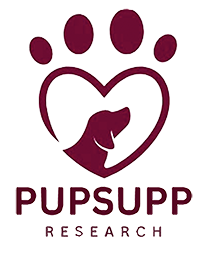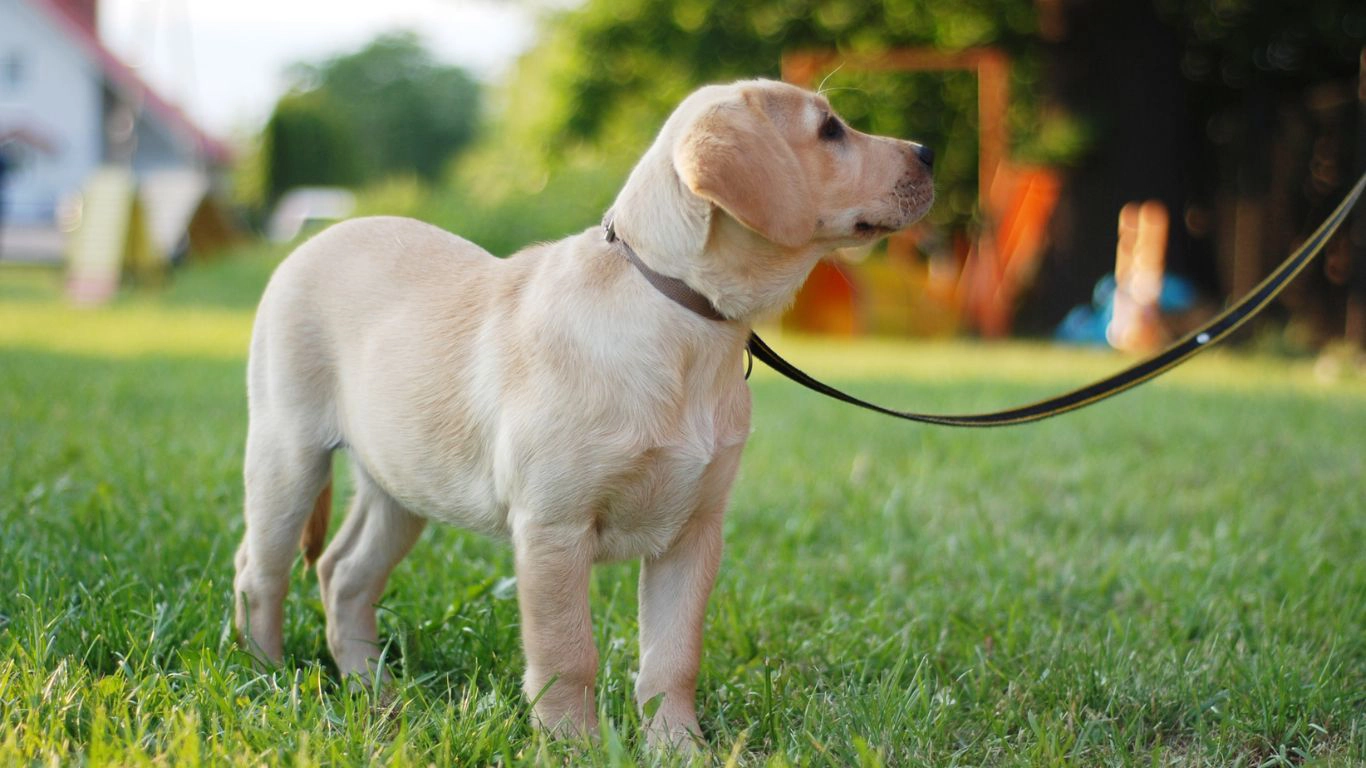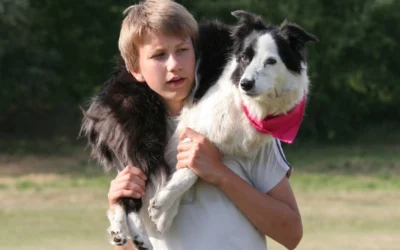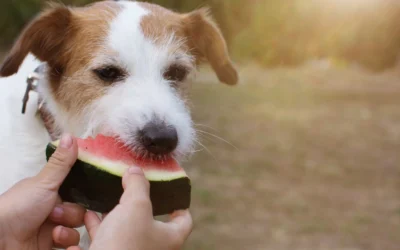The AKC’s Canine Good Citizen program is recognized as the gold standard for dog behavior. The Canine Good Citizen Program is a two-part program that stresses responsible pet ownership for owners and basic good manners for dogs. Dogs that pass CGC test can earn a certificate and/or the official AKC CGC title. Dogs with the CGC title have the suffix, “CGC” after their names
The CGC Program teaches dogs good manners and responsible dog ownership to their owners. The 10-step Canine Good Citizen test is a non-competitive test for all dogs, including purebreds and mixed breeds. The CGC award is a prerequisite for many therapy dog groups. Some homeowner’s insurance companies are encouraging CGC testing, and an increasing number of apartments and condos require that resident dogs pass the CGC test. The CGC Program also includes the AKC CGC℠ Responsible Dog Owner Pledge.
Who Can Participate?
All dogs, including purebred and mixed breed dogs, are welcome to participate in the AKC’s Canine Good Citizen (CGC) Program. Dogs must be old enough to have received necessary immunizations, such as rabies vaccines. Owners will sign the Responsible Dog Owners Pledge attesting to having the dog under the routine care of a veterinarian who will work with the owner to determine an appropriate plan and schedule for vaccines and other health care procedures.
There is no age limit for the CGC test. A dog is never too old to be a good citizen. Puppies who have completed all immunizations and boosters may be tested. However, because we know that behavior and temperament can change over time when puppies pass the CGC test, owners should have them re-tested as adults.
Some dogs entered in CGC tests will have completed CGC or basic obedience classes. Owners who have trained their dogs themselves may also have their dogs tested. Clubs and training programs in almost every city can provide CGC training to owners and dogs that need to learn a few more skills before taking the test.

The CGC Test Includes
The dog will allow a friendly stranger to approach it and speak to the handler in a natural, everyday situation.
The dog will allow a friendly stranger to pet it while it is out with its handler.
The dog will permit someone to check it’s ears and front feet, as a groomer or veterinarian would do.
Out for a Walk (walking on a loose lead)
Following the evaluator’s instructions, the dog will walk on a loose lead (with the handler/owner).
This test demonstrates that the dog can move about politely in pedestrian traffic and is under control in public places. The dog and handler walk around and pass close to several people (at least three).
Sit and Down on Command and Staying in Place
The dog must do sit AND down on command, then the owner chooses the position for leaving the dog in the stay.
This test demonstrates that the dog will come when called by the handler (from 10 feet on a leash).
This test demonstrates that the dog can behave politely around other dogs. Two handlers and their dogs approach each other from a distance of about 20 feet, stop, shake hands and exchange pleasantries.
The evaluator will select and present two distractions such as dropping a chair, etc.
This test demonstrates that a dog can be left with a trusted person, if necessary, and will maintain training and good manners. Evaluators are encouraged to say something like, “Would you like me to watch your dog?” and then take hold of the dog’s leash. The owner will go out of sight for three minutes. The dog does not have to stay in position but should not continually bark, whine, or pace unnecessarily or show anything stronger than mild agitation or nervousness. Evaluators may talk to the dog but should not engage in excessive talking, petting, or management attempts (e.g., “there, there, it’s alright”).
AKC CGC℠ Responsible Dog Owners Pledge
- I will be responsible for my dog’s health needs. These include: Routine veterinary care, including check-ups and vaccines, adequate nutrition through proper diet, clean water at all times, daily exercise, and regular bathing and grooming
- I will be responsible for my dog’s safety.
- I will properly control my dog by providing fencing where appropriate, not letting my dog run loose, and using a leash in public.
- I will ensure that my dog has some form of identification when appropriate (which may include collar tags, tattoos, or microchip ID).
- I will provide adequate supervision when my dog and children are together.
- I will not allow my dog to infringe on the rights of others.
- I will not allow my dog to run loose in the neighborhood.
- I will not allow my dog to be a nuisance to others by barking while in the yard, in a hotel room, etc.
- I will pick up and properly dispose of my dog’s waste in all public areas such as on the grounds of hotels, on sidewalks, parks, etc.
- I will pick up and properly dispose of my dog’s waste in wilderness areas, on hiking trails, campgrounds and in off-leash parks.
- I will be responsible for my dog’s quality of life.
- I understand that basic training is beneficial to all dogs.
- I will give my dog attention and playtime.
- I understand that owning a dog is a commitment in time and caring.
WOOF! Until next time.



